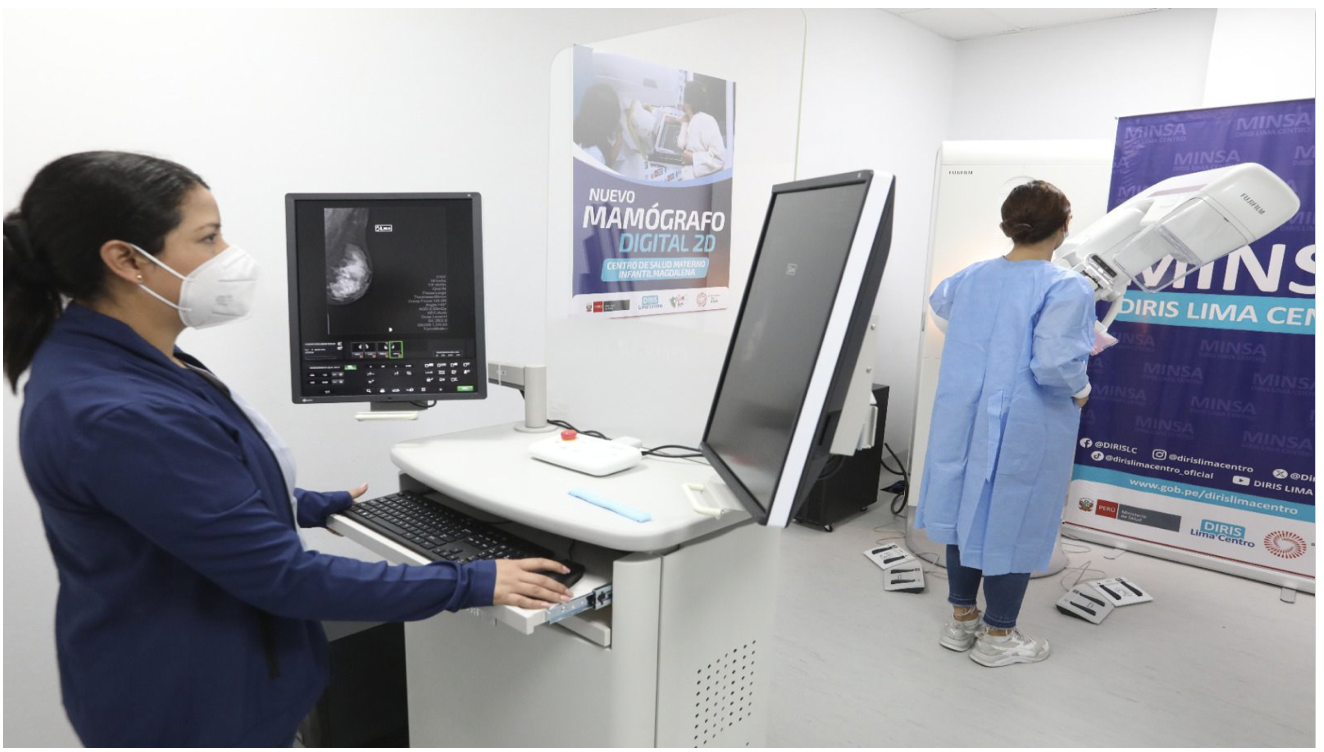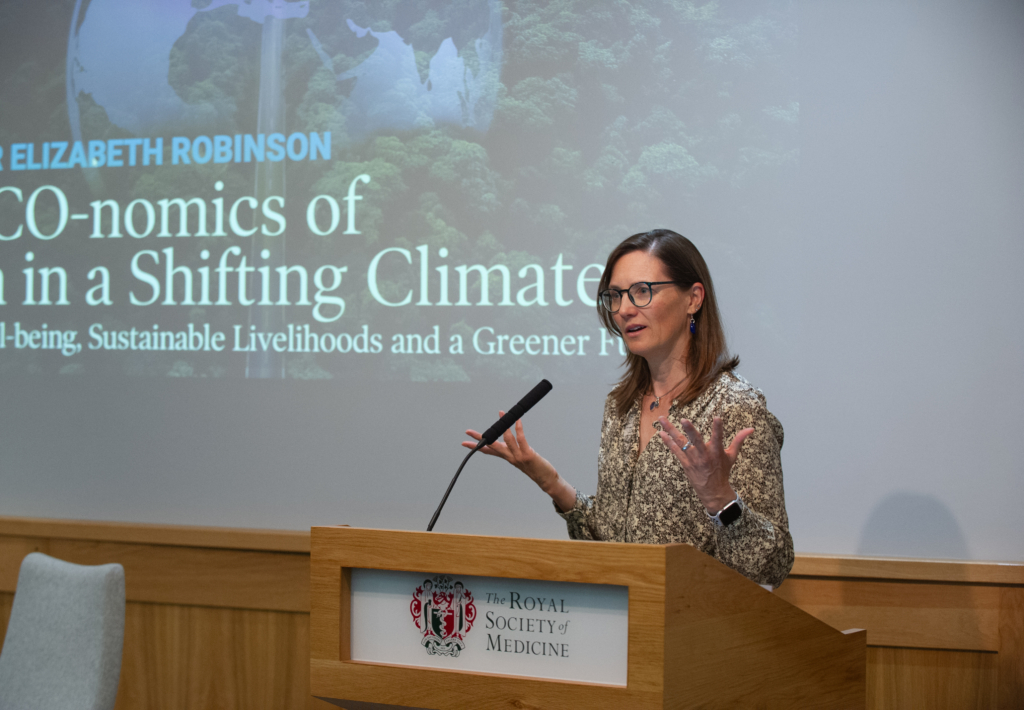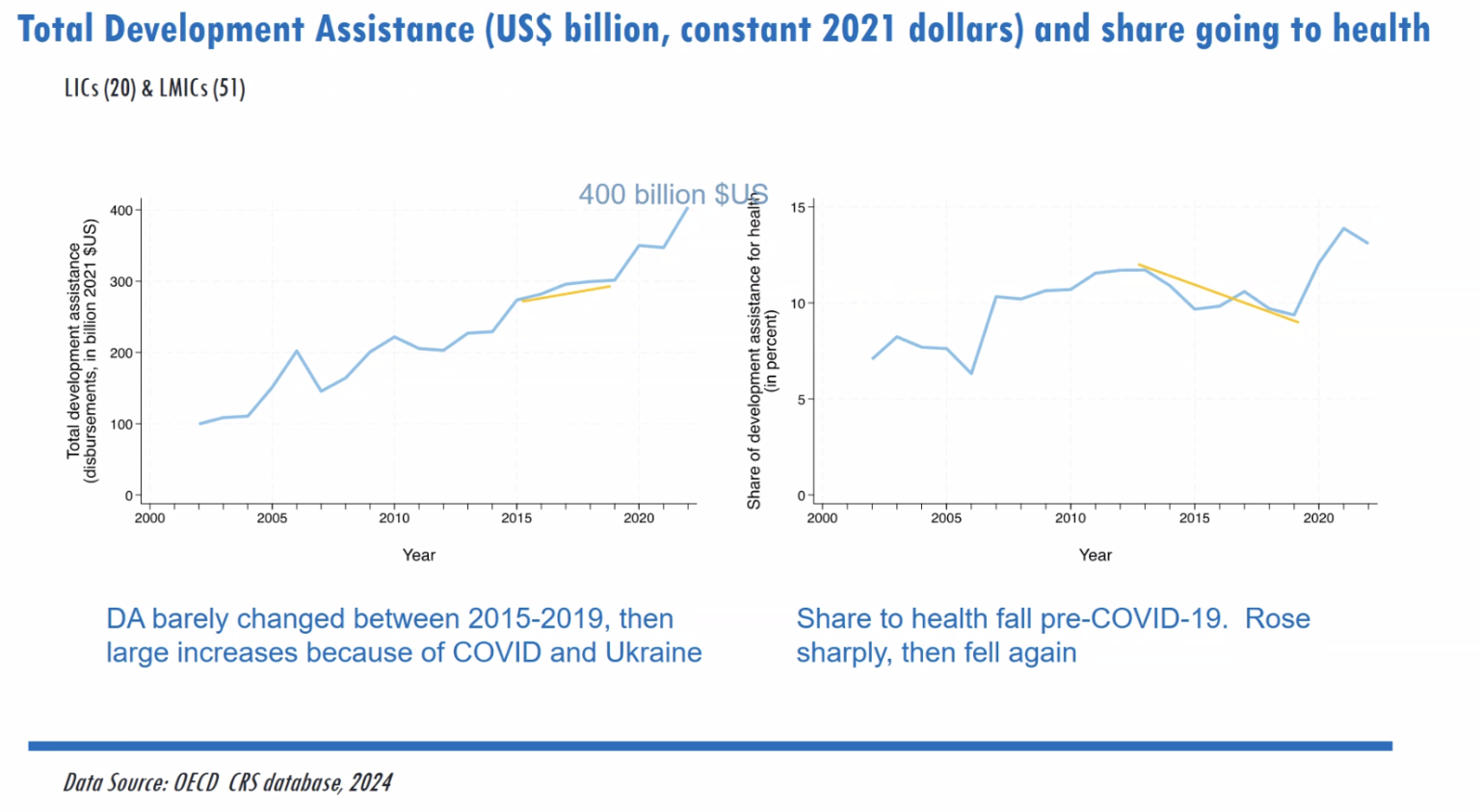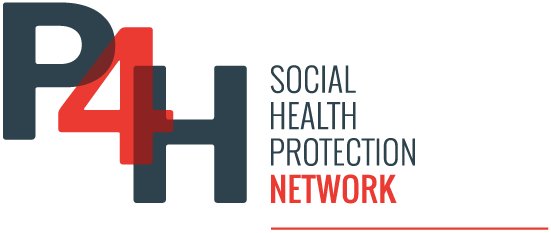Initiatives to improve the coverage, quality, financial protection and financial sustainability of long-term care: a rapid scoping review
The WHO Centre for Health Development has published a report titled "Improving Long-Term Care for Older Adults: A Rapid Scoping Review of Public Initiatives." In light of the global challenges posed by ageing populations, increasing chronic illnesses, and projected...
Does health aid matter to financial risk protection? A regression analysis across 159 household surveys, 2000–2016
The research article "Does health aid matter to financial risk protection? A regression analysis across 159 household surveys, 2000–2016," authored by Jacopo Gabani, Marc Suhrcke, Sven Neelsen, Patrick Hoang-Vu Eozenou, and Marc-Francois Smitz, explores the...

P4H and RDI announce collaboration to support innovation in health and social protection for Persons Living with a Rare Disease
Rare diseases cause significant financial hardship, including high medical costs and lost income. P4H Network and RDI are collaborating to advocate for innovative health financing solutions to reduce this burden.Rare diseases affect more than just health: they are...

Oncology treatment available to insured population in Peru
169 thousand insured with various oncological diagnoses were treated between 2023 and 2024 nationwideThe Seguro Integral de Salud (SIS) transferred US$ 104 million between 2023 and 2024 for the care of 169 thousand policyholders with various oncological diagnoses. The...
The Kingdom of Thailand Health System Review (Second Edition)
This document is the second edition of Thailand’s Health System Review (HiT), providing an update to the 2015 edition. It covers recent developments and changes in Thailand's health system, such as the devolution of subdistrict health centers from the Ministry of...

OHE on its 2023 Annual Lecture on the economics of health in a shifting climate
Article on the 2023 OHE Annual Lecture, highlights the need for a One Health approach to address climate change, emphasising that healthcare is a major carbon emitter and its environmental impact significantly affects global health. The Office of Health Economics...
Political Constitution of the United Mexican States
Article 4 establishes that everyone has the right to health protection. The bases and modalities for access to health services are defined by law and the concurrence of the Federation and the federative entities in matters of general health is established, "in...
Law N°31-2011 instituting the social security system
On July 15, 2011, the President of the Republic of Congo promulgated the law instituting " a social security system designed to protect workers and their families, as well as other categories of the population, against the risks and hazards inherent in work and life...
Law N°10-2014 dissolving the national social security fund
On June 13, 2014 the President of the Republic of Congo promulgated the law dissolving the National Social Security Fund. Family benefits and related activities initially provided or carried out by the fund are transferred to the social security organization in charge...
Law N°12-2015 creating the universal health insurance fund
This law, promulgated on August 31, 2015, states in Article 1: " A public administrative establishment is created, with legal personality and financial autonomy, called the Universal Health Insurance Fund, abbreviated CAMU. " The law stipulates that CAMU is placed...
Law N°37-2014 instituting the universal health insurance scheme
On June 27, 2014 the President of the Republic of the Congo promulgated the law instituting a universal health insurance scheme that " covers access to health services in the public and private sectors for the benefit of the insured and their dependents, with the...

Oman updates compulsory health insurance policy
Oman is set to launch a compulsory health insurance policy, expected to take effect once the electronic platform is fully operational by the end of 2025. The new Dhamani scheme will require basic minimum health coverage that encompasses a range of services, including...
The economic impact of antimicrobial resistance
The Centre for Global Development report, titled "Forecasting the Fallout from AMR: Economic Impacts of Antimicrobial Resistance in Humans," presents a comprehensive analysis of the far-reaching economic and health consequences of antimicrobial resistance (AMR),...

Global experts advocate for innovative health financing amid economic strain
As public health financing faces mounting pressure from economic downturns, debt, and global crises, experts call for prioritising health in government budgets and leveraging innovative financial strategies to sustain health systems.According to an article from Health...

Global launch of the World Social Protection Report 2024–26
The new ILO flagship report provides a global overview of progress made around the world since 2015 in extending social protection, with a sharp focus on the climate crisis and the need for climate action to transition to a more sustainable world.The International...
